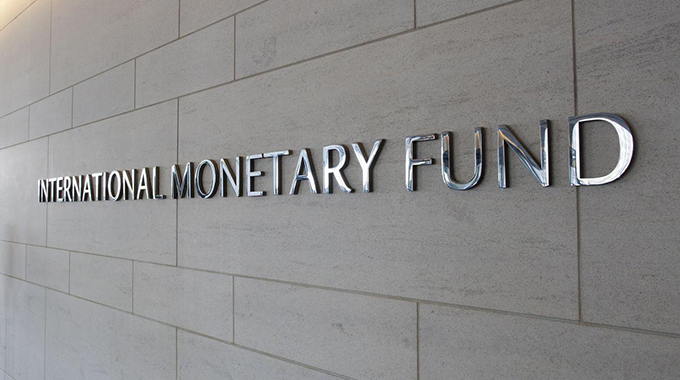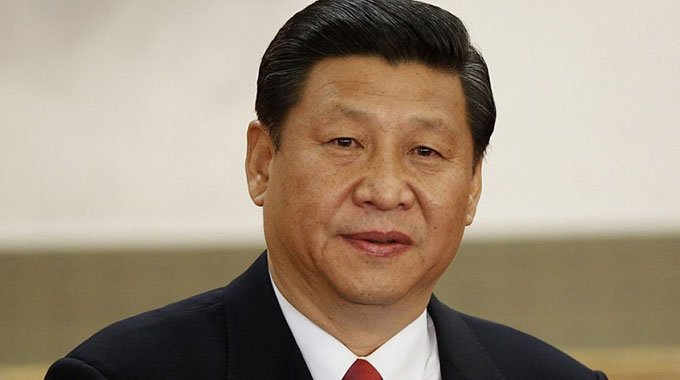IMF notes positive reforms

Business Reporter
The International Monetary Fund (IMF) has revised downwards Zimbabwe’s 2020 economic growth forecast and said there is need for difficult policy choices by authorities and support from the international community if the country is to rein in potential implosion of economic and humanitarian crisis.
Following completion of the IMF’s Article IV Consultation with Zimbabwe, the country’s 2020 economic growth forecast was revised downwards to 0,8 percent from earlier projections of a 2,7 percent on account of anticipated poor agricultural performance.
Finance and Economic Development Minister Mthuli Ncube in his 2020 National Budget Statement projected that the economy would expand by 3 percent on account of improved agriculture output due to better rains, improved power supply, strong mining performance and a cocktail of incentives to drive production in manufacturing.
The rains have, however, been erratic while power supply is still limited.
Despite the downward review, the global lender noted positives on reforms that were implemented by Government, which included fiscal consolidation that helped reduce monetary financing of budget deficit.
The introduction of new domestic currency in February 2019, creation of an interbank forex market, and restructuring of command agriculture financing model to a public-private partnership with commercial banks, was also commended.
Notwithstanding efforts in 2019 to tighten the fiscal stance and contain quasi-fiscal operations by the central bank, the global lender said it noted that “pervasive deficits remain and could be exacerbated by the need to respond to the humanitarian crisis”.
As such, the IMF said there is need to adopt coordinated fiscal, monetary and foreign exchange policies, alongside with efforts to address food insecurity and serious governance challenges.
It implored Government to cut non-essential spending, including making decisive reforms to agricultural support programmes to allow for social spending needs.
The global lender also emphasised the importance of re-engagement with the international community to support efforts to achieve economic sustainability.
Government was also urged to press forward with establishment of a functional foreign exchange market and to remove distortions that could lead to rent-seeking behaviour in the economy.
Given low reserves and high inflation, limited credibility, and a lack of access to traditional forms of external financing, a monetary targeting regime is appropriate to conduct monetary policy, said the IMF.
The Fund also stressed the need to address governance and corruption challenges, entrenched vested interests, and enforcement of the rule of law to improve the business climate and support private sector-led inclusive growth.
Addressing these areas is seen as instrumental to advance re-engagement efforts with the international community and mobilisation of the needed support.
The multilateral lender noted with regret that the Staff-Monitored Programme was “off-track” and underscored the importance of continued engagement between the fund and authorities, including through technical assistance, policy advice and other innovative ways, to help immediately stabilise the economy.
It said Zimbabwe appeared headed in the right direction to macro-economic stability following reforms by the new dispensation, supported by an IMF Staff Monitored Programme (SMP).
However, the lender says, the reforms have been affected by mixed policy implementation.
This has also thrown off rail its staff monitored programme, a Zimbabwe economic reform and stabilisation programme supervised by the IMF, whose success would serve as “clean bill of health” approval for Zimbabwe to regain external credit, of course, after clearing its arrears with the lenders.










Comments